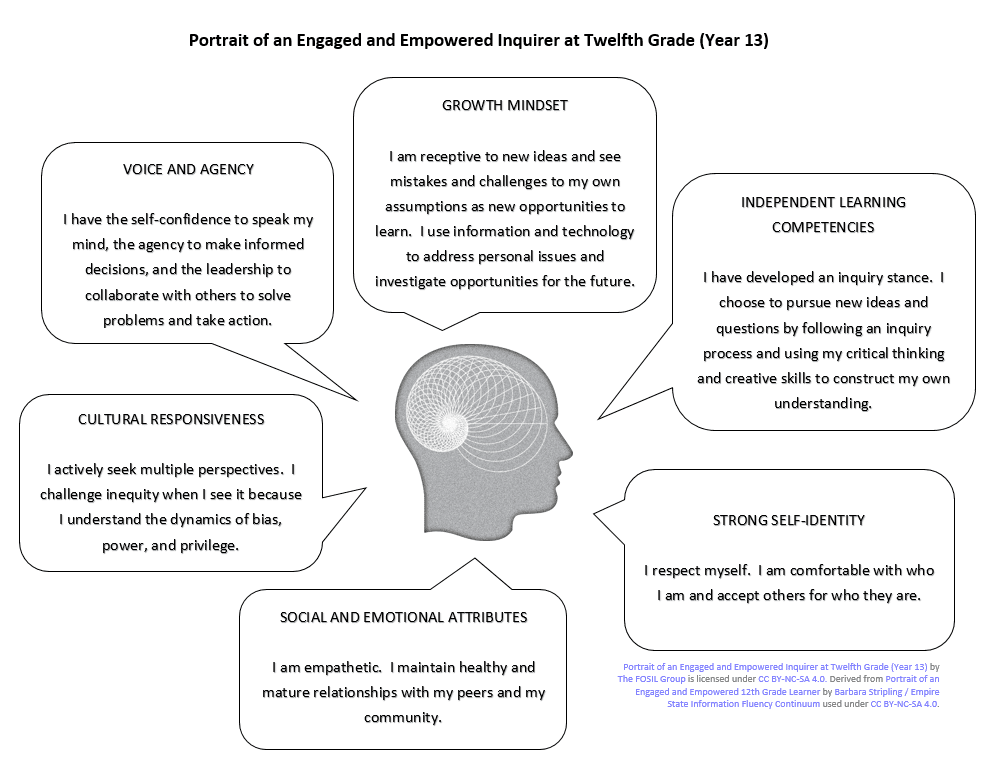Reply To: ChatGPT et al
Home › Forums › The nature of inquiry and information literacy › ChatGPT et al › Reply To: ChatGPT et al
The release of GPT-4 – and the accompanying “storm of hype and fright” (Charlie Beckett in the Guardian on 17 March 2023) – prompted me to revisit Doug Englebart‘s most seminal work, Augmenting Human Intellect: A Conceptual Framework (1962).
In Augmenting Society’s Collective IQ (2004, adapted by Christina Engelbart in 2010 and 2015), Engelbart writes:
The complexity and urgency of the problems faced by us earth-bound humans are increasing much faster than our combined capabilities for understanding and coping with them. This is a very serious problem. Luckily there are strategic actions we can take, collectively.
It is against this backdrop that he wrote:
By “augmenting human intellect” we mean increasing the capability of a man to approach a complex problem situation, to gain comprehension to suit his particular needs, and to derive solutions to problems. Increased capability in this respect is taken to mean a mixture of the following: more-rapid comprehension, better comprehension, the possibility of gaining a useful degree of comprehension in a situation that previously was too complex, speedier solutions, better solutions, and the possibility of finding solutions to problems that before seemed insoluble. … We do not speak of isolated clever tricks that help in particular situations. We refer to a way of life in an integrated domain where hunches, cut-and-try, intangibles, and the human “feel for a situation” usefully co-exist with powerful concepts, streamlined terminology and notation, sophisticated methods, and high-powered electronic aids. … Augmenting man’s intellect, in the sense defined above, would warrant full pursuit by an enlightened society if there could be shown a reasonable approach and some plausible benefits.
It seems to me that “the complexity and urgency of the problems [facing us continue to increase] much faster than our combined capabilities for understanding and coping with them,” and that at some point this must become a critical problem. It also seems to me that this is in some part, perhaps a large part, due to a failure of school to educate towards “more-rapid comprehension, better comprehension, the possibility of gaining a useful degree of comprehension in a situation that previously was too complex, speedier solutions, better solutions, and the possibility of finding solutions to problems that before seemed insoluble.” At the same time, our “high-powered electronic aids” evolve ever faster, and this has resulted in the technological means for augmenting our intellect outpacing the development of our individual and collective intellect, and becoming an end in itself.
Although he may not have had this precisely in mind, Postman is right in saying that “of all the ’survival strategies’ education has to offer, none is more potent … than the ‘inquiry environment’” (1971, p. 36), provided that we resist the tendencies that rob the inquiry environment of its potency (which we intend to address at the IASL 2023 Annual Conference in Rome – see Recovering the Educational Promise of Inquiry for presentation). This is because inquiry has engaged and empowered inquirers as its end, which includes the thoughtful use of rapidly-evolving “high-powered electronic aids” to augment our individual and collective intellect.

Bibliography
- Postman, N., & Weingartner, C. (1971). Teaching as a Subversive Activity. Harmondsworth: Penguin Books.


